My girlfriend is currently volunteering in Gaza. I asked her to send me the odd email with her observations as a way to share an on-the-ground view of what life is like in this embattled place. She leaves today. In this post she reflects on her experiences in Gaza.
“Where are you from?” “Am’rika”, I reply. “Welcome, welcome”. Time and time again, the same warm, hospitable message.
My stay in Gaza started at the Hamas border with the surreal witnessing of the Islamic jihad and Mujahideens welcoming a prisoner back home to Gaza after having spent 27 years in an Israeli jail. Men in full balaclavas with Kalashnikovs, shots fired in the air in signs of happiness, family, journalists. We hadn’t asked for such a fervent welcoming committee… 😉
In the countryside, the peace sign is constantly flashed when we drive by. Yet Gaza is anything but peaceful. Torn to its core by continuous wars, the latest in November of 2012, Gaza is a place on edge, where people talk about their frustration with the government as well as with their neighbor Israel.
The ever present dust and destruction permeate my daily life, it exhausts me. Everywhere my eyes track, I see iron rods sticking out of concrete rubble, dirt and garbage everywhere, plastic bags flying, chaos—it’s inescapable, pervasive. Nothing is green. Graffiti cover almost every wall at every corner of the streets –it’s truly an art form intrinsic to Gaza—their unique message a plea for peace and the right to their land. It is exhausting and depressing. To my eyes unused to war the devastation and destruction is so intense, the bombings could have happened yesterday – yet to the ones who know, Gaza is purportedly doing some rebuilding. But many things have sadly just stayed the same here, or even gotten worse, paralyzed by systemic inefficiencies, political rifts and economic blockade.
With its 1.7 million inhabitants (most of them refugees) squeezed in less than 360km2, Gaza is one of the most overcrowded places on earth. Blockaded since 2007 when Hamas was put in power and controlled by the Israeli Defense Forces by air, sea and land, Gazans experience hardships very few can imagine: unable to leave, they remain in an open-air prison that boasts over 34% unemployment and with 80% of the population on some form of aid. Compounding this situation are a fledgling infrastructure, severe electricity shortages, massive water issues, a struggling municipal service and a state of constant economic squeeze – and you may understand a little better why peace is a difficult concept here.
Yet, against this backdrop of people exhausted to struggle to survive, their resilience and kindness take over. “We are so sorry for what happened in Boston”. How many times did I hear this message…
The cacophony of horns, generators or street vendors selling their goods to the passers-by signal that life still goes on in Gaza. Driving is mayhem, with cars weaving in whichever direction, honking their horn incessantly, asking whether you need a ride. I am the rare foreigner here—most likely the only woman in this sea of humanity who does not wear a veil over my head. Walking in the streets in the old souk, I am undoubtedly noticed; the young men want a picture with me. “Welcome, welcome”. I am their window to the outside.
Every day, I have been touched by their gestures of generosity: the pita baker at the street corner invites me to make pita in his oven, and then gives me bread; my falafel hangout feeds me more falafels than I can digest – and wants to marry me; our staff at the hospital brought plates of fresh humus and olives for breakfast. They have kindly taught me Arabic words, enough that I can get my “café au lait” in the afternoon. I have been served more coffees and teas than I could dream of. At work in the hospital, they have taught me how much they can do with so little. They always readily share everything they have – and with a smile.
Even if deprived of their dignity, Gazans cannot stop to have hope. It is their only option. And they know it all too well.
Today was my last day at El Shifa hospital – today was a day of optimism. I witnessed two babies being born – two human beings who know nothing about war and conflict. As a new generation is born, each and every one of us, no matter our beliefs, owe it to them to have the the right to a future as bright as ours. It is their right as human beings.
Like what you’ve read and interested in reading more? Subscribe to the WanderMom rss feed, follow me on Twitter or become a fan on Facebook.
Related Posts
[catlist tags=Gaza]
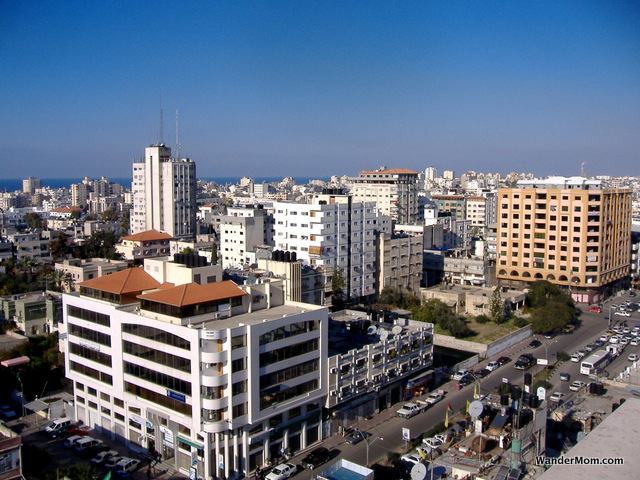
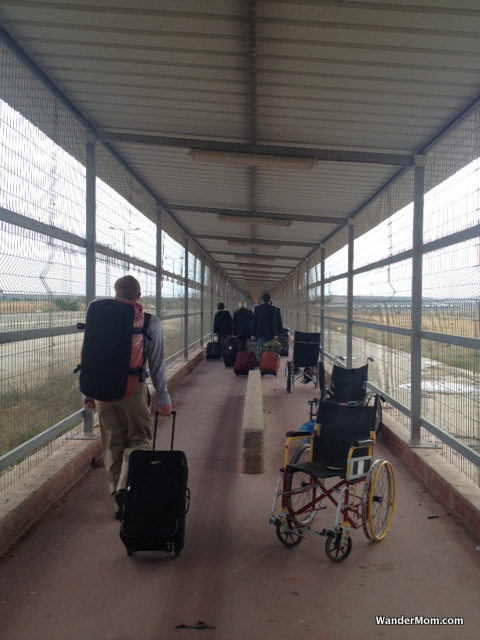
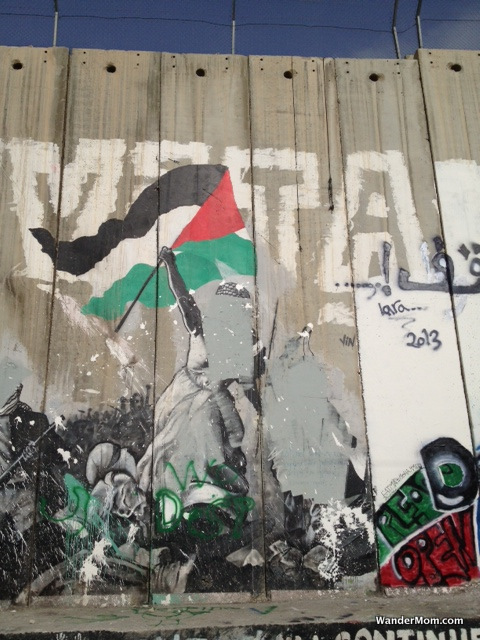
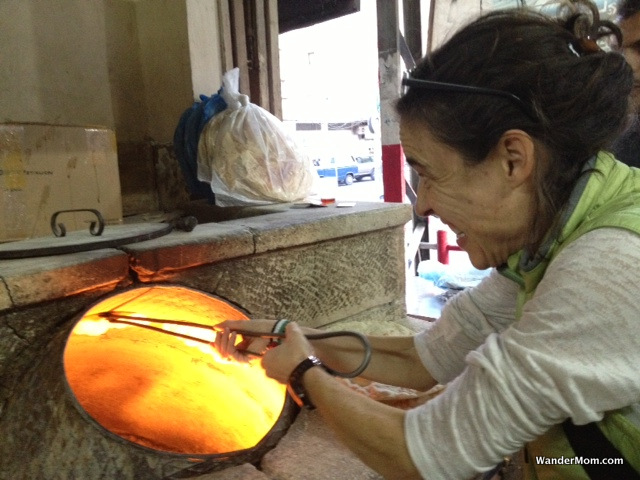
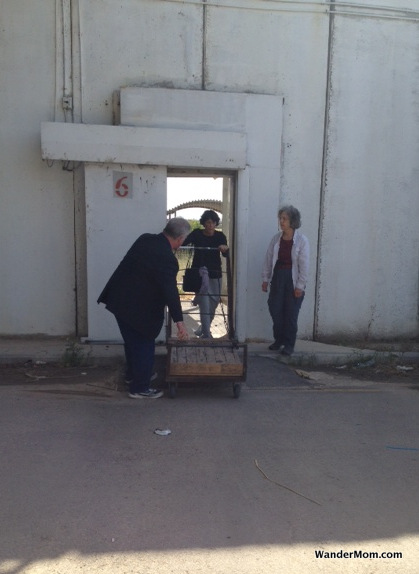
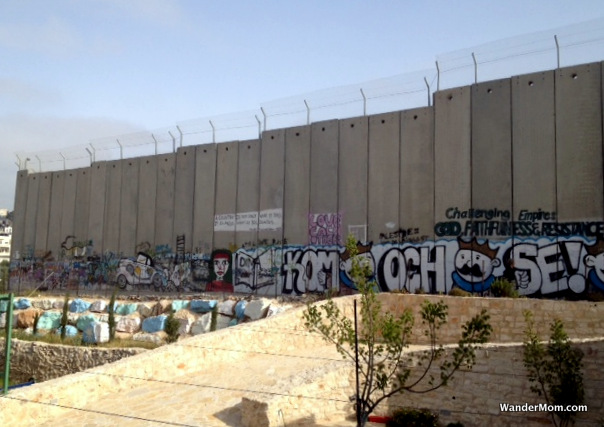
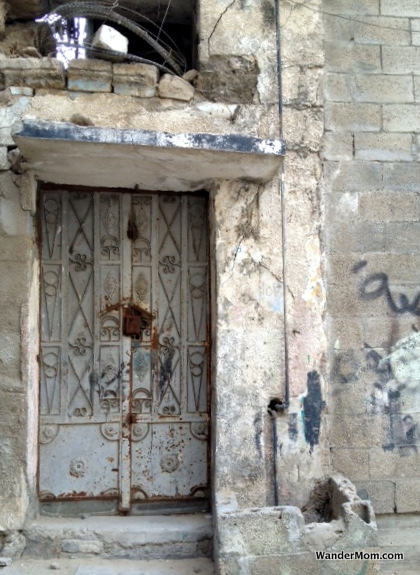
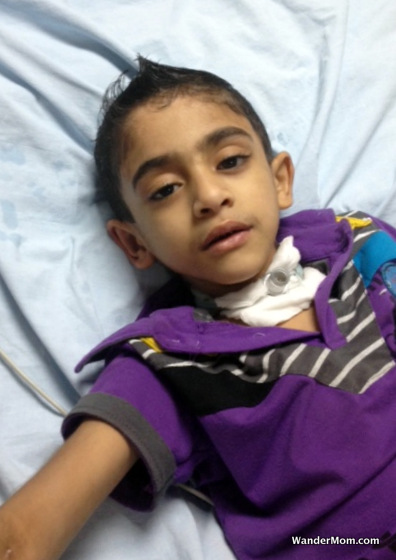
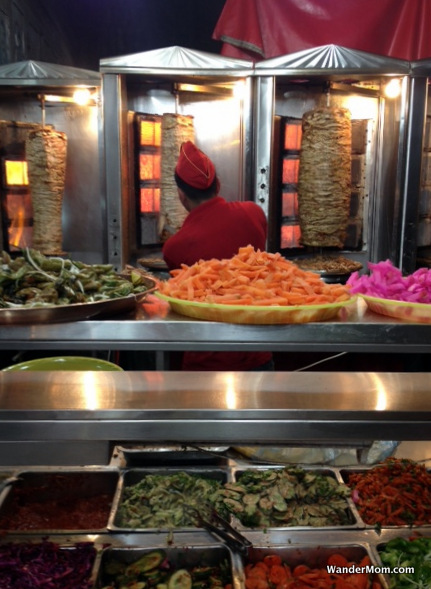
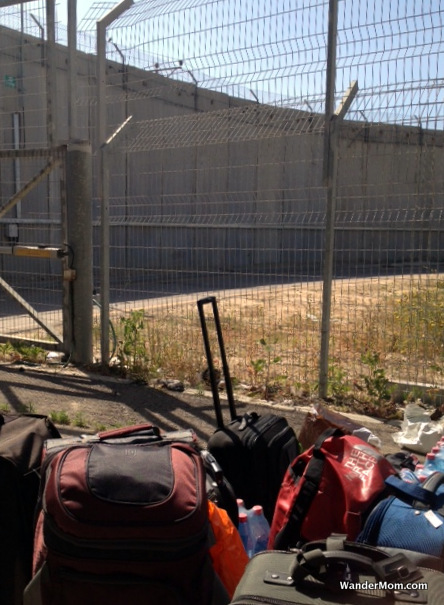
 He tries to impress me by dipping his hand in the boiling oil — no pain, no burns. I am impressed! Their sweets are also out of this world, and I make it a habit of trying a few everyday.
He tries to impress me by dipping his hand in the boiling oil — no pain, no burns. I am impressed! Their sweets are also out of this world, and I make it a habit of trying a few everyday.